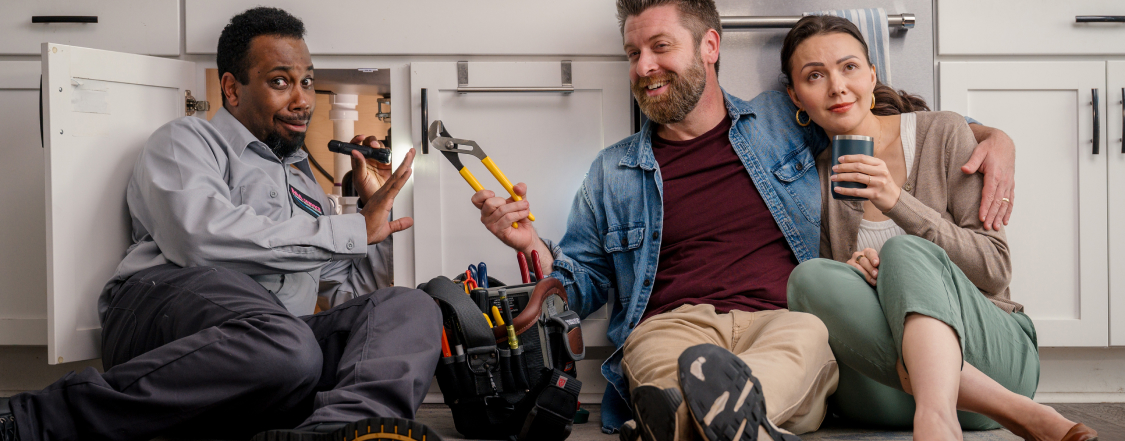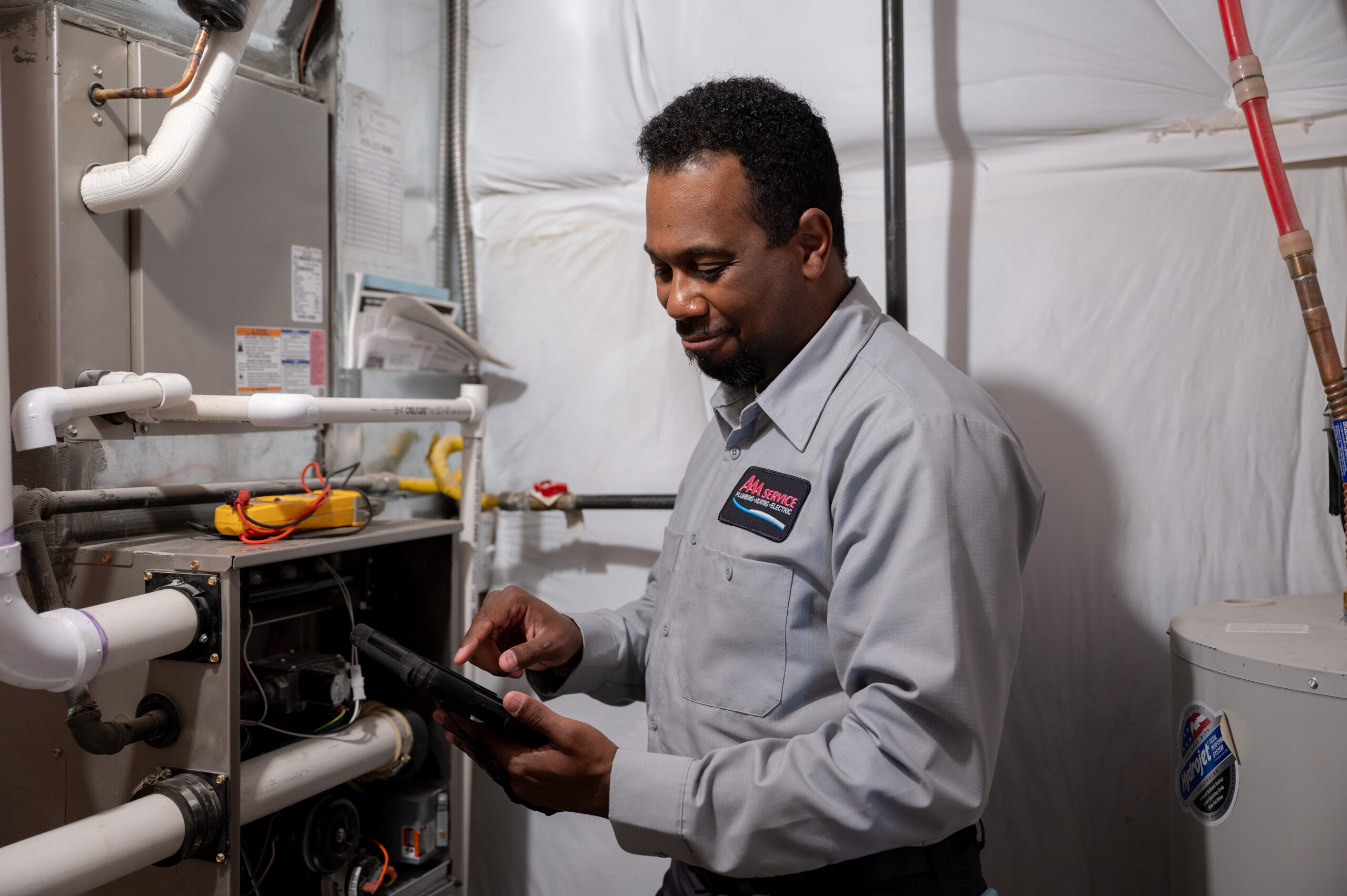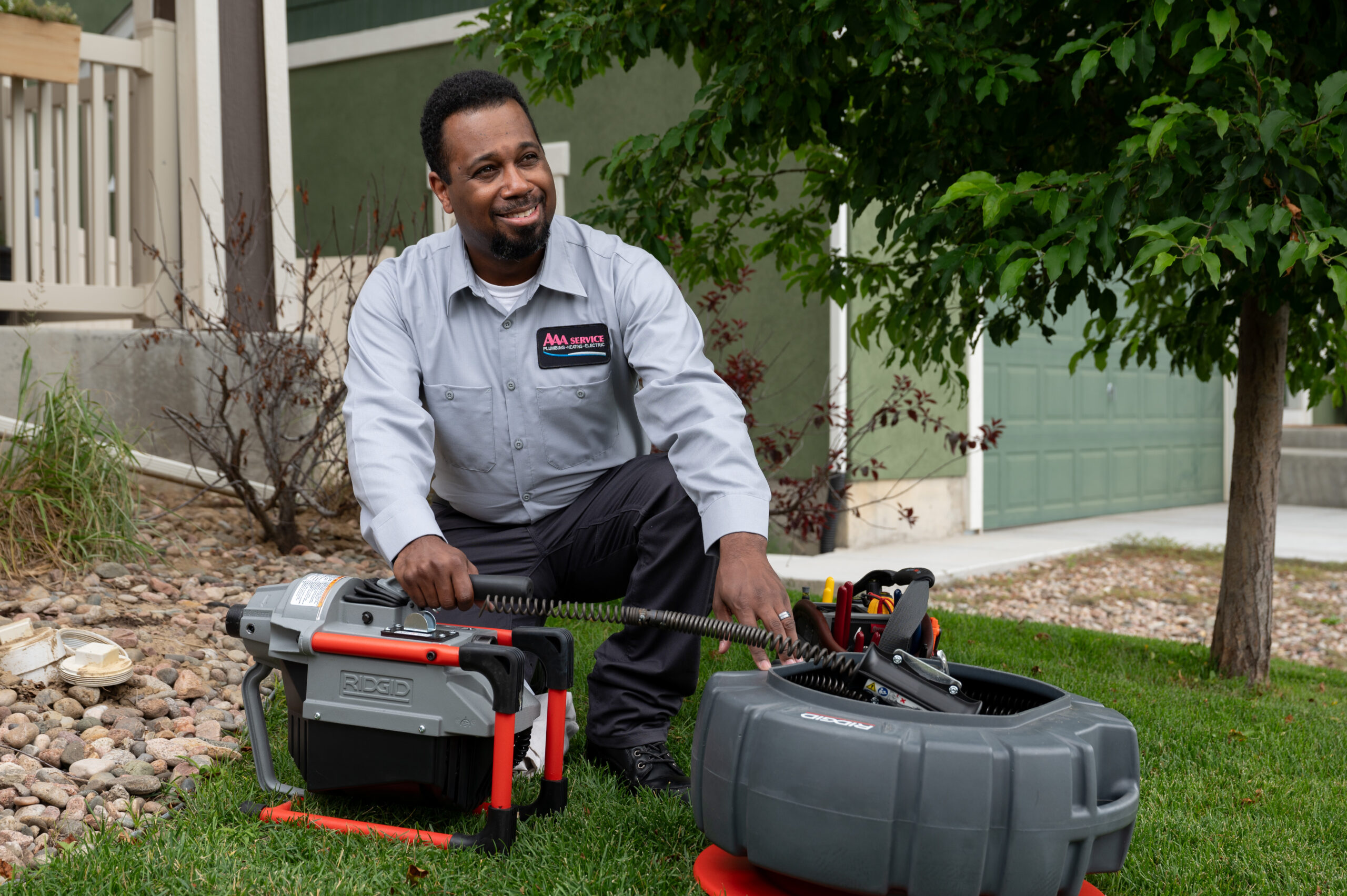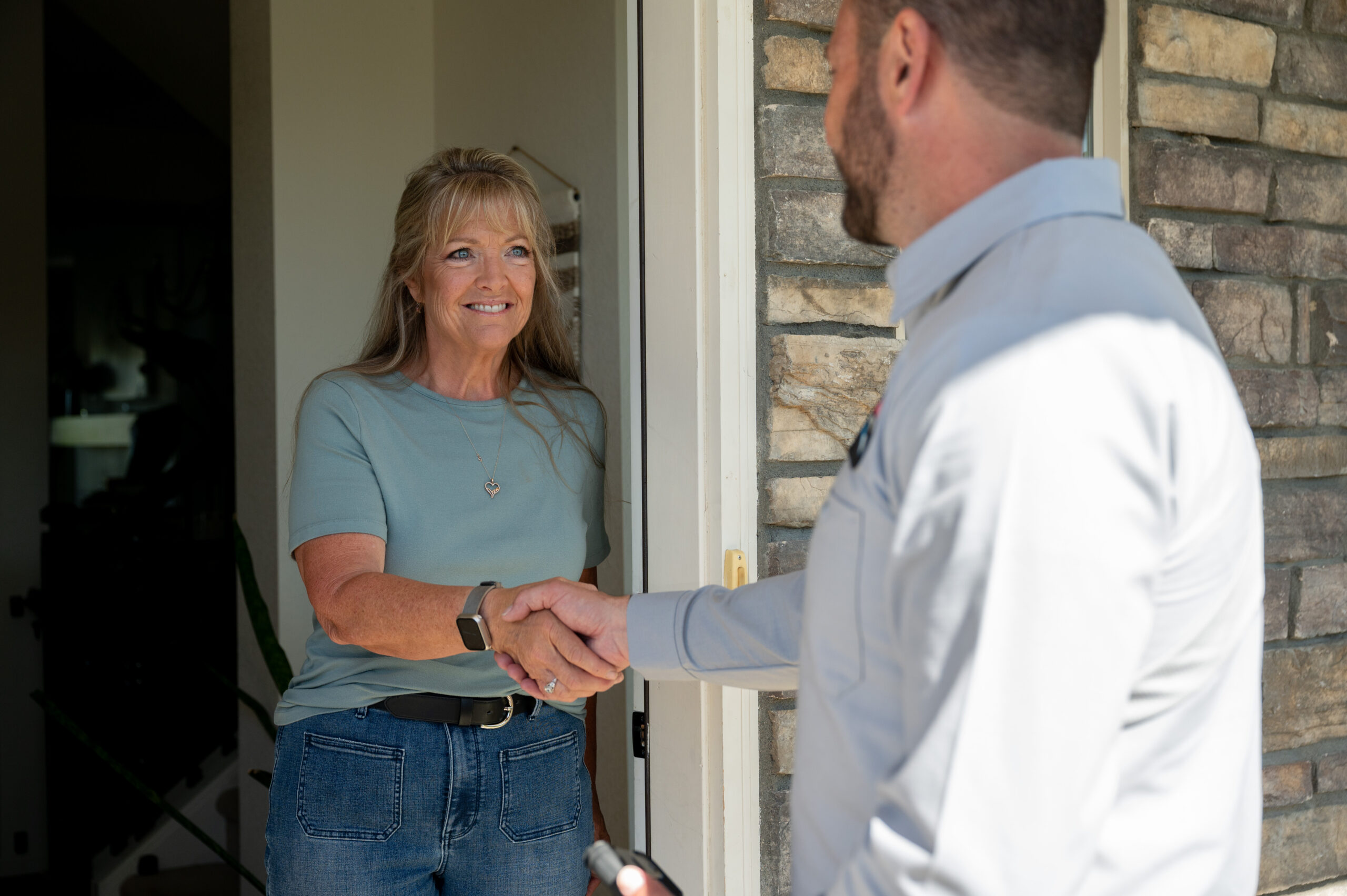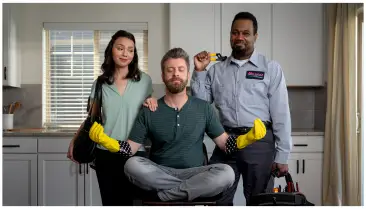If you live in the Denver area and you suffer from allergies, you have our sympathies. We love the Mile High City for all the outdoor recreation that it offers, but springtime pollen can wreak havoc on our health. That keeps us cooped up inside until the air quality is more agreeable. In the meantime, we’ve missed out on weeks — maybe even months — of prime outdoor playtime.
But you might not even find allergy relief inside your home. Indoor air quality can be just as bad — or worse — as the air quality outside.
Allergies are everywhere. So, what’s an allergy sufferer to do?
Here’s your ultimate guide to combatting allergens, whether you’re relaxing at home or hiking the Green Mountian Trail in William F. Hayden Park.
Allergy Symptoms
Allergies happen because your immune system thinks a foreign substance is potentially dangerous.
Whenever you come in contact with the allergen, your immune system causes inflammation in your digestive system, sinuses, airways, or skin. The severity of these symptoms depends on your body’s unique response.
The following symptoms are some of the most common:
-
Sneezing or a runny nose
-
Swollen, red eyes
-
A stuffy nose
-
Hives
-
Swelling in your lips, tongue, throat or face
-
Itchy skin or a rash
-
Chest tightness, shortness of breath, cough, or wheezing
If you have a severe allergy, it can lead to a reaction called anaphylaxis, which includes symptoms such as nausea, loss of consciousness, vomiting, shortness of breath, and a drop in your blood pressure. This life-threatening condition requires immediate medical care.
While it is impossible to cure allergies, there are ways that you can manage them.
How to Protect Yourself from Allergies Outside
As the weather warms up, trees are the predominant source ofallergens in Denver. Afterward, grasses become a major issue. If you are planning on spending time in the Great Outdoors, take allergy medication 15 to 20 minutes before you go outside.
In addition, you can protect yourself from allergies is byreducing your exposure to potential triggers.
-
Avoid going outside on dry, windy days
-
Monitor the local pollen forecast
-
Wear a pollen mask, hat, and sunglasses outside
-
Take tissues, eye drops, water, and any medications with you
-
Undress as soon as you get home (pollen clings to your clothes)
-
Shower immediately after spending time outside
These steps are particularly important when pollen counts are at their highest, which is typically in the morning, so plan your outdoor activities for later in the day.
Combating Allergens Inside
Your indoor air quality can greatly affect your quality of life. If you are struggling with allergies, an air purification system can help remove allergens, carbon monoxide, mold, and fungus.
An assessment of your indoor air quality will detect any airborne pollutants. Then we can help you determine the best solution for your home, whether that’s UV air purification system, HEPA filter, carbon monoxide detector, or a whole-home air purification system.
In addition, you can take the following steps to reduce indoor air pollution:
Take your shoes off: All the stuff that triggers sneezing and itchy eyes can be tracked into your home, so kick off your shoes and place them in a shoe rack or boot tray at the entrance.
Vacuum weekly: Rugs and carpet flooring harbor all kinds of contaminants such as dust, dander, and dust mites. Vacuum high traffic areas by making slow passes so as to not stir up particles. Use a vacuum with a HEPA filter, which will trap allergens instead of recirculating them into the air.
Change your filter: The filter in your central air system is a crucial piece of air-purifying equipment. It traps dust and debris to keep that stuff out of the air you breathe and shields your HVAC system from the bits that could jam it up. Replace it every 30 to 90 days. If you’re especially sensitive to allergies, consider a replacement filter with a MERV rating of 10 or higher. This will help screen out particulate matter such as exhaust, soot, smoke, dust, pollen, and other triggers.
Best Practices for Treating Allergies
Ideally, you want to do everything you can to avoid allergy symptoms. When this is not possible, there are nonprescription medications you can use to treat your allergies. Oral antihistamines work to treat a runny nose, sneezing, watery eyes, and itching. Nasal sprays can ease your symptoms and come with minimal side effects. Meanwhile, decongestants can alleviate a stuffy nose.
You can also reduce your symptoms by rinsing your sinuses. Using a saline solution can decrease nasal congestion, as well as reduce other allergy symptoms. To use nasal irrigation, buy a neti pot or a squeeze bottle. Then, use distilled, sterile water in the neti pot. While a neti pot might not cure allergies, it can help with nasal congestion.
If your symptoms continue to be a problem, you can talk to your doctor about prescription medications that may help.
Bottom line: Allergies can be manageable. With the right treatments, precautions, and air-purifying systems, you can breathe easy this spring and summer. Ensure your indoor air quality is as healthy as can be by scheduling an appointment with AAA Service at (303) 313-3333.

